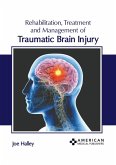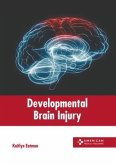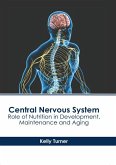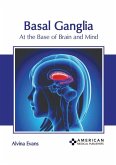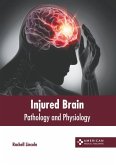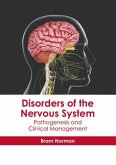A traumatic brain injury (TBI) is a brain injury that occurs suddenly as a result of head being hit, bumped into, or jolted. TBI leads to non-degenerative, non-congenital lesions in the brain caused by an external mechanical force. Such brain damage usually results in permanent or temporary impairment of cognitive, physical, and psychosocial functions and a lowered or changed level of consciousness. The causes of traumatic brain injury are falls, road accidents, sports injuries, and being hit by a weapon such as hammer or knife. Symptoms of mild TBI include brief loss of consciousness, headache, confusion, lightheadedness, dizziness, blurred vision, convulsions or seizures, vomiting, and fatigue. The prominent symptoms of moderate to severe TBI include persistent headache, nausea, convulsions, slurred speech, loss of balance, weakness in arms or legs, and increased agitation. Mild TBI treatment involves the use of pain-relievers and proper rest whereas moderate to severe TBI may require rehabilitation therapies, counseling, surgery, and rest. This book discusses the fundamentals of traumatic brain injury and the modern approaches to its treatment. It presents researches and studies performed by experts across the globe. Students, researchers, experts, and all associated with the study of traumatic brain injury will benefit from this book.
Hinweis: Dieser Artikel kann nur an eine deutsche Lieferadresse ausgeliefert werden.
Hinweis: Dieser Artikel kann nur an eine deutsche Lieferadresse ausgeliefert werden.


